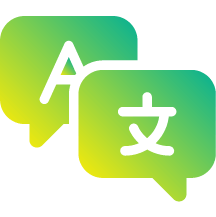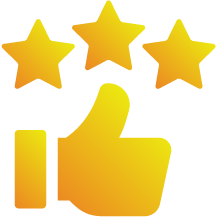TEACHER
Leigh Melander
TOPIC
Archetypes
Format
3 class course
DURATION
3 hours
Payment options: Credit Card or PayPal.
Step toward your soul by leaning into myth.Myth is about yearning, it speaks to our desire to be larger than our ordinary lives. Hooking up to the mythic imagination can bring us back to our souls and help us be part of something beyond us.
Join Leigh Melander, PhD in cultural mythology and psychology, for a lively spin through the many ways of looking at and through myth. Leigh starts by presenting the views of many experts in the field of mythology; Joseph Campbell, Carl Jung and James Hillman among them. Then she helps us to look through the mythic lens.
Leigh suggests we use myth and story in our lives in a way that quickens imagination by sitting with its images and metaphors. She favors the psyche-centered view of myth that calls for more opening to possibilities, and less settling on fixed interpretations.
Catch Leigh’s enthusiasm for attending to mythic images and soon, from the corner of your eye, you’ll catch the spark of an ancient myth moving in your life. Her interactive resource packet will get you started on where to find the mythic in your life and includes exercises on how to tend it. In it you’ll find suggested reading as well as film recommendations.
Whatever your story, whatever the myth, learning how to look through the mythic lens will help you live with your questions rather than jump to answers.







